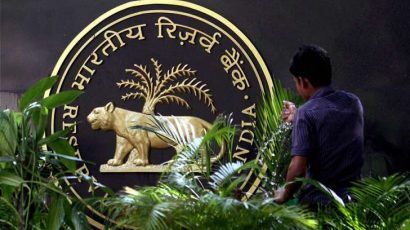Time to encourage people to wear face masks as a precaution, say experts

Despite limited evidence, they could have a substantial impact on transmission with a relatively small impact on social and economic life
It’s time to encourage people to wear face masks as a precautionary measure on the grounds that we have little to lose and potentially something to gain, say experts in The BMJ (British Medical Journal).
Professor Trisha Greenhalgh at the University of Oxford and colleagues say despite limited evidence, masks “could have a substantial impact on transmission with a relatively small impact on social and economic life.”
The question of whether masks will reduce transmission of covid-19 in the general public is contested.
Although clinical trial evidence on the widespread use of facemasks as a protective measure against covid-19 is lacking, at the time of writing increasing numbers of agencies and governments, including the US Centres for Diseases Control and Prevention, are now advocating that the general population wears masks, but others, such as the World Health Organization and Public Health England are not.
Some researchers argue that people are unlikely to wear masks properly or consistently, and may ignore wider infection control measures like hand washing. Others say the public should not wear them since healthcare workers need them more.
But Greenhalgh and colleagues challenge these arguments and suggest that in the context of covid-19, many people could be taught to use masks properly and may well do this consistently without abandoning other important anti-contagion measures.
What’s more, they say if political will is there, mask shortages can be quickly overcome by repurposing manufacturing capacity — something that is already happening informally.
They conclude that it is time to act without waiting for randomised controlled trial evidence.
“Masks are simple, cheap, and potentially effective,” they write. “We believe that, worn both in the home (particularly by the person showing symptoms) and also outside the home in situations where meeting others is likely (for example, shopping, public transport), they could have a substantial impact on transmission with a relatively small impact on social and economic life.”
In a linked editorial, Babak Javid at Tsinghua University in Beijing and colleagues agree that the public should wear face masks because the benefits are plausible and harms unlikely. And they say cloth masks are likely to be better than wearing no mask at all.
As we prepare to enter a “new normal,” wearing a mask in public may become the face of our unified action in the fight against this common threat and reinforce the importance of social distancing measures, they conclude.
In an opinion piece, researchers recommend that health care workers should not be caring for covid-19 patients without proper respiratory protection, and that cloth masks are not a suitable alternative for health care workers.
Story Source: BMJ/ScienceDaily















